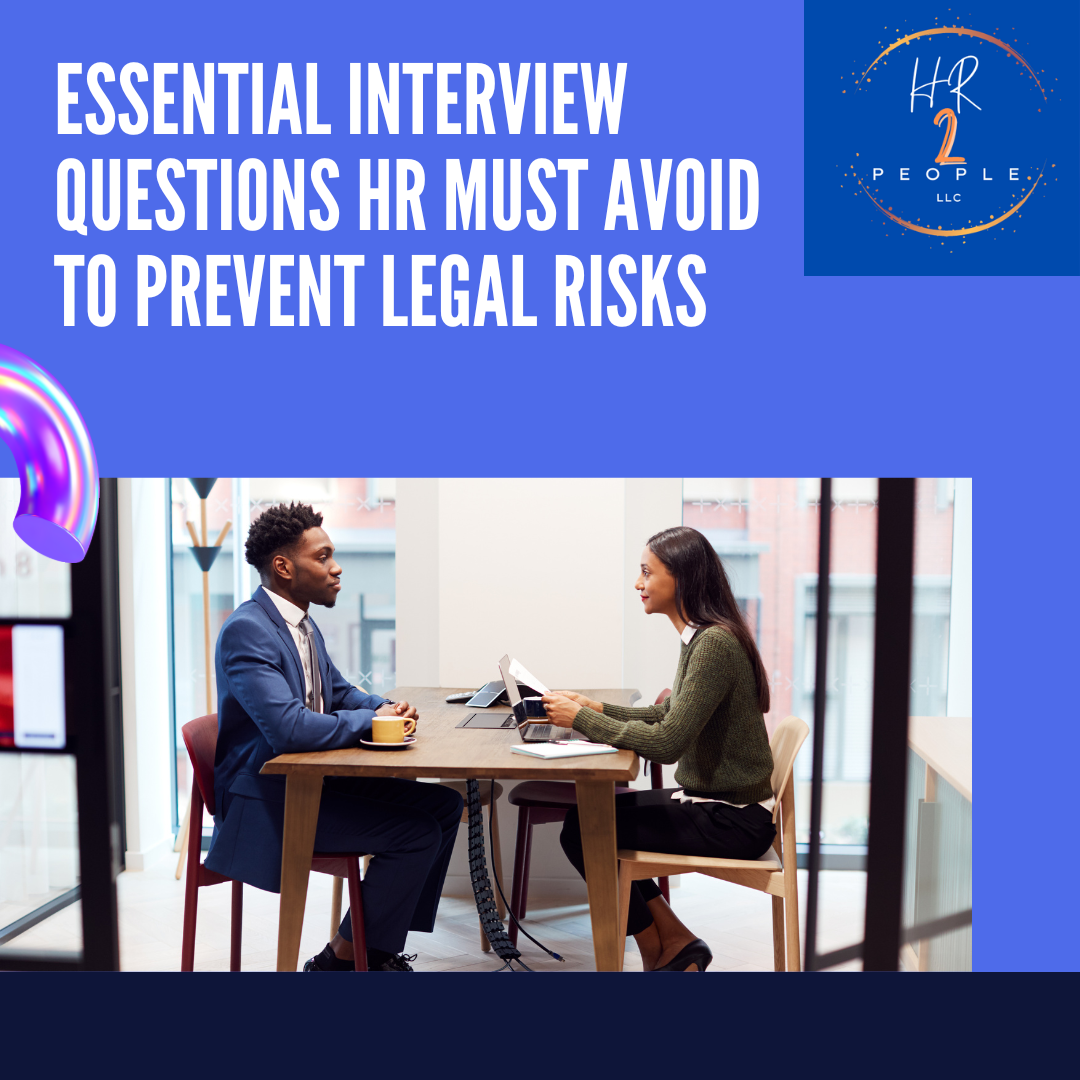As HR professionals, it’s crucial to understand what can and cannot be asked during interviews to avoid potential legal trouble. Asking the wrong questions can lead to accusations of discrimination, lawsuits, and negative public relations issues.
It’s vital to focus on the candidate’s qualifications, skills, and ability to perform the job, steering clear of topics such as race, gender, age, religion, sexual orientation, and disability. These are sensitive areas that could easily lead to claims of unfair hiring practices. Instead, employers should ensure that their interview questions are consistent for all candidates and relevant to the job role.
For example, questions about family plans, marital status, ethnicity, or medical history are off-limits. As HR consultant Jana Tulloch emphasizes, questions like “Are you planning to start a family?” or “How old are you?” have no place in an interview. These topics do not relate to the candidate’s job performance and could open the door to discrimination claims.
Additionally, according to Charles Vethan, CEO of Vethan Law Firm, employers should be aware of both state and federal laws that regulate interview practices. Even if a question doesn’t blatantly violate the law, it may still lead the conversation into dangerous territory.
Some examples of troublesome questions include:
- “Do you have any plans that might interfere with your ability to work full-time?”
- “Are you married? Do you plan to have children?”
- “Where are you originally from?”
- “Did you take any extended medical leave last year?”
On the other hand, certain questions that directly relate to job performance and requirements are completely acceptable. These include:
- “Can you meet the attendance requirements for this job?”
- “Can you perform the necessary tasks, with or without a reasonable accommodation?”
The key takeaway is that interviews should be focused on assessing the candidate’s fit for the role based on their skills and abilities, without venturing into personal or irrelevant areas that could cause legal or ethical issues. Maintaining professionalism and legality in the interview process protects both the employer and the candidate, ensuring a fair hiring process.
